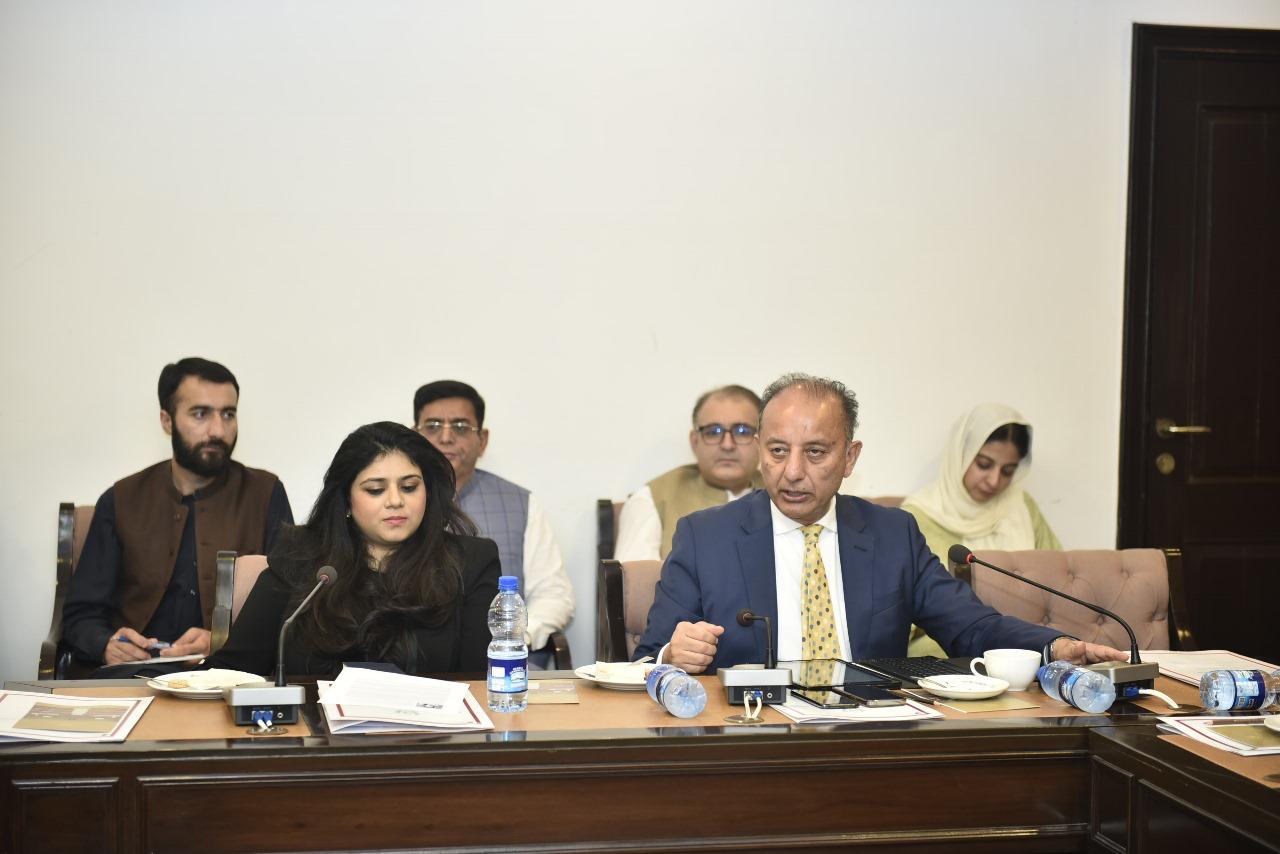WNAM REPORT: Federal Minister for Climate Change and Environmental Coordination, Dr. Musadik Malik, participated in a panel session titled “Dialogue, Not Discord: Conflict Resolution, Diplomacy, and the Rule of Law in U.S.–Pakistan Relations” at the Pakistan Institute for Parliamentary Services (PIPS).
The event gathered diplomats, policy experts, and senior officials to discuss the importance of principled engagement in resolving global and regional conflicts.
During the discussion, Dr. Malik emphasized that empathy and understanding are essential elements in diplomacy and dialogue.
He noted that sustainable peace is only possible when states prioritize mutual respect and engage with the intent to resolve, not dominate.
Addressing the recent India–Pakistan tensions, Dr. Malik stated that Pakistan has repeatedly been the victim of one-sided aggression.
He recalled that after India attacked civilian areas and targeted critical water infrastructure—resulting in the deaths of innocent civilians—Pakistan retained every right to respond in kind. However, Pakistan exercised restraint and limited its response to military targets only.
He further stated that India’s actions are reflective of the Israeli doctrine of offensive defense.
This pattern of strategic aggression is now visible in various conflicts across the globe, where states exhibit hegemonic tendencies under the guise of self-defense.
Dr. Malik also addressed questions regarding Pakistan’s nuclear posture, stating that such inquiries are unnecessary.
Pakistan has once again demonstrated its readiness and ability to respond to aggression through conventional means.
The country remains capable of countering threats without escalating beyond necessary limits.
The Minister reaffirmed that peace is Pakistan’s highest priority. He emphasized that conflict resolution must be guided by a commitment to dialogue, respect for international law, and the principle of non-aggression.
He concluded by warning that failure to uphold core international principles could lead to a breakdown of the current global order.
In such a scenario, the world risks descending into a state of lawlessness and instability.
Dr. Malik also highlighted the climate crisis as a universal challenge that transcends borders. He stated that issues like climate change, much like humanity itself, are not confined by geography.
The rising temperatures and the melting glaciers will impact us all, regardless of nationality or political boundaries.
He called for a renewed global consensus on essential norms, both political and environmental, stressing that the preservation of peace, stability, and planetary survival depends on the collective will of the international community to honor and enforce shared responsibilities.
The panel session underscored Pakistan’s role as a responsible nation advocating for diplomacy, justice, climate action, and long-term regional and global stability.


